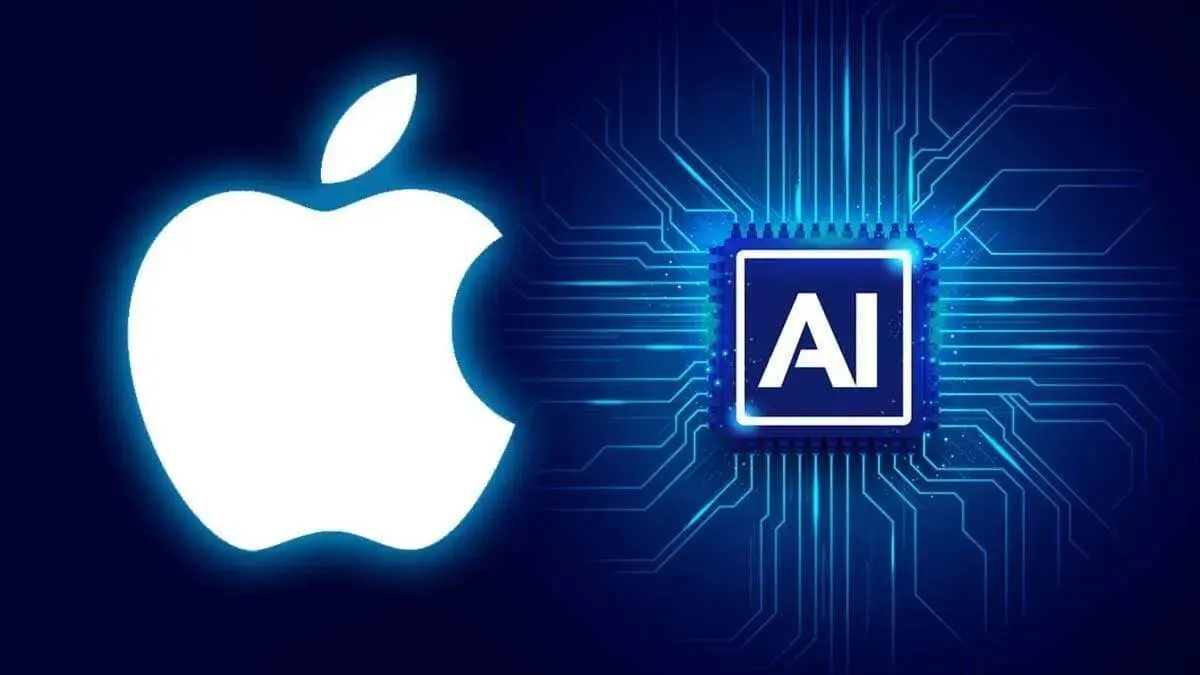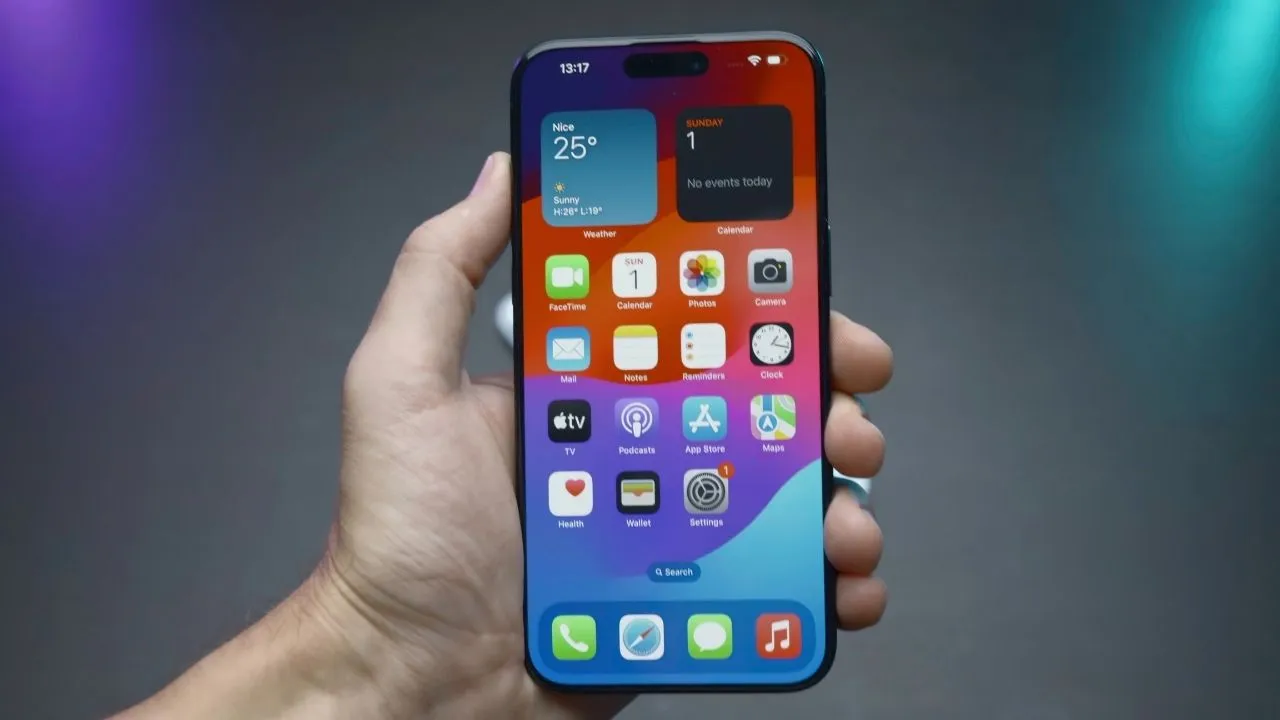As Apple gears up for the release of iOS 18, the integration of advanced AI technologies takes center stage, reflecting a strategic pivot that underscores privacy while enhancing user experience. Apple’s approach, dubbed Project Greymatter, promises a blend of on-device and cloud computing AI capabilities, heralding a significant evolution in how AI is implemented in its ecosystem.
Core Implementation Strategy
At the heart of Apple’s new AI features is a dual processing architecture. Simple tasks and most processing demands are managed locally on devices, leveraging the proprietary silicon in iPhones and iPads. This method not only speeds up operations but also fortifies user privacy by minimizing data exposure to cloud environments. For more complex AI tasks, Apple employs cloud processing, which taps into more robust computational resources to handle sophisticated algorithms that are beyond the local device’s capacity.
This hybrid model is evident in the suite of new AI tools, including enhancements to Siri, which promises more natural interactions, and the introduction of features like real-time photo editing and advanced search functionalities in Safari and Spotlight. The aim is to enrich user interaction without compromising on the speed or privacy Apple is known for.
The OpenAI Collaboration
A pivotal element in Apple’s AI strategy is its partnership with OpenAI. This collaboration is designed to shore up Apple’s AI offerings, aligning it with competitors who have made significant inroads in AI-driven solutions. By integrating OpenAI’s technologies, Apple aims to enhance its devices’ AI capabilities significantly, particularly within its voice assistant and messaging applications. This partnership, however, introduces potential risks related to privacy and data security, given OpenAI’s use of expansive data sets and cloud-based processing.
Challenges and Opportunities
The introduction of cloud AI features poses unique challenges, particularly around the potential for increased data breaches or privacy lapses. However, Apple asserts that its stringent privacy protocols, coupled with the selective use of cloud AI, mitigate these risks substantially. Moreover, the on-device processing capabilities of Apple’s latest A-series and M-series chips ensure that sensitive data does not leave the user’s device unnecessarily.
Apple’s AI advancements are not just about enhancing device capabilities but also about staying competitive in a rapidly evolving tech landscape. The integration of AI into iOS and macOS is expected to drive new functionalities in personal computing, mobile communication, and entertainment, setting new standards in user interaction and system efficiency.
As AI technology continues to evolve, Apple’s strategy of blending on-device processing with cloud-based AI positions it uniquely in the tech industry. This approach not only caters to the immediate needs of users but also sets the groundwork for future innovations that could redefine personal technology.









Add Comment